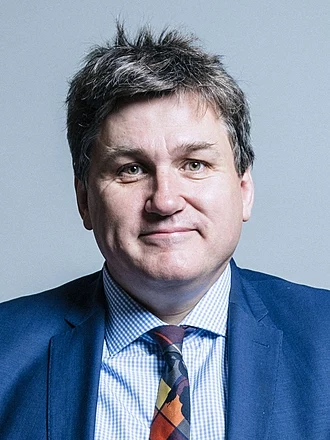Liz Truss is our new prime minister, and she has expressed enthusiastic support for grammar schools, despite attending a comprehensive school herself. In a number of hustings, she made clear her wish to reverse the legal ban on new grammar schools. She stated she would like to see a grammar school “in every area.” She explained, “My two daughters now attend a grammar school, and I want people around the country to have the choice that we have to be able to send our daughters to a grammar school.”
It is infuriating that Truss phrases this in terms of ‘choice’ when no parent can really choose a grammar school; it’s entirely the school that chooses which pupils to admit. Truss is apparently unaware of the damage grammars do to surrounding schools. Why would any parent want the ‘choice’ of a secondary modern style school, with few higher attaining pupils and with no parity of esteem with a grammar?
Truss has appointed Kit Malthouse as education secretary, he appears not to have given a public view on grammar schools to date. He was privately educated and is MP for North West Hampshire. Hampshire is a high performing comprehensive area, and we hope he will take a look at, ‘A Tale Of Two Counties’ by our Chair, Dr Nuala Burgess. This is an excellent study comparing schooling in Hampshire with selective Bucks, and finding the comprehensive area is better.
It seems unlikely that Liz Truss will prioritise grammar school expansion in the short term, but already plenty of commentators have lined up to say why it’s bad policy.
The former Chief Executive of the Social Mobility Foundation, Tory MP David Johnston, wrote a piece in the Spectator, making the ‘social mobility case against grammar schools. He said, “bringing grammar schools back would be a serious misstep for education policy. They are a distraction from what we should be doing, they serve the wealthy not the poor – and they don’t work.”
Jon Andrews, head of analysis at the Education Policy Institute, wrote in Schools Week about why more grammars are a bad policy move. He said, “Just over five per cent of pupils who attend grammar schools are eligible for free school meals (FSM), around a quarter of the national average. Such disparities should come as no surprise given that by the end of primary school, pupils from low income families are typically 9 months of learning behind their peers. They kick off the 11+ a couple of goals behind, and facing a more affluent opposition who are more likely to have benefitted from private tuition when efforts to make tests ‘tutor-proof’ have been unsuccessful.”
Matt Dickson, Associate Professor of Public Policy at University of Bath, spoke to Voice of Islam radio, pointing out, “The vast majority of pupils going to Grammar schools and getting whatever benefits they are conferring, are already from a better-off background.”
The Guardian offered opinion from a few educators. Sir Chris Husbands is vice-chancellor at Sheffield Hallam and an expert in education policy, he said, “The heyday of grammar schools was two generations ago, when psychologists believed that intelligence was fixed and unchanging, and so could be reliably assessed at any age. We know now that this is simply wrong. It’s difficult to fathom the electoral appeal in defining four-fifths of children as ‘failures’ at 11 – especially for a party of ‘aspiration’. Politicians forget that grammar schools were largely killed off by their intense electoral unpopularity.”
The New Statesman offered an excellent article from John Elledge, who argues that ‘Grammar schools aren’t just a bad idea – they’re bad politics, too.”
A Kent news story quoted CF, saying, “There are glaringly obvious problems that need to be fixed, like a shortage of teachers, more funds for school energy bills, and plans for the post-pandemic attainment gap. Grammar schools, by their very nature, can’t work for all children. Kent has average GCSE results and a woeful attainment gap, our grammar school system is not something we should wish on other counties.”
Surprisingly, even Michael Gove spoke out in the Times to criticise the grammar plan, pointing out that there is no evidence grammars can boost social mobility.
It is clear that if Liz Truss attempts to reverse the ban on grammars she will have a fight on her hands with unions, education professionals, and even members of her own party criticising the idea. There is no evidence supporting this as a policy to improve outcomes, and grammars are well known to increase social inequality. Let’s hope that Truss forgets this awful idea.






